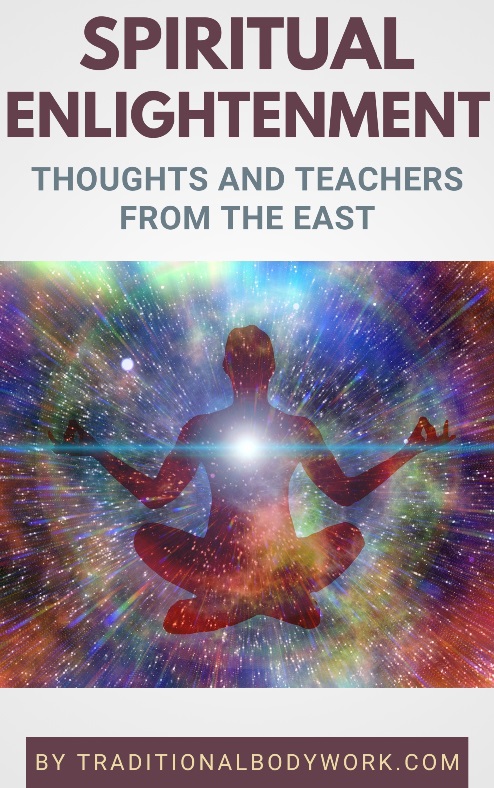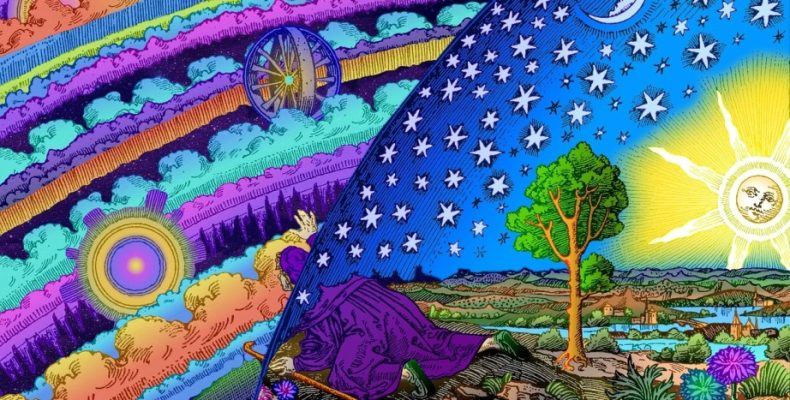
Vedanta is a lineage of Hindu philosophy and part of the greater realm of Hinduism. The Sanskrit word “Vedanta,” which is a conjunction of the two words “Veda” and “anta,” means “conclusion of the Vedas” or “end of the Vedas.”

The system primarily covers the concepts and ideas contained in the Upanishads, being the latest additions to the Vedas, which discuss meditation, Yoga, philosophy, and spiritual knowledge.
Mind that the Vedas are a huge collection of religious texts (which include the traditional Upanishads), originating in ancient India, composed in Sanskrit, and containing the oldest scriptures of Hinduism.
Vedanta philosophy itself developed into many different schools, but all base their ideas on the authority of the Upanishads, the Brahma Sutras (synthesizes and harmonizes Upanishadic ideas and practices), and the Bhagavad Gita (part of the epic Mahabharata, and considered aligned with the Vedas).
All Vedanta schools discuss ontology (the nature of being), soteriology (salvation and liberation), and epistemology (knowledge), but over time they all took different directions and viewpoints. Typical topics discussed are Brahman, Atman, Ishvara, Prakriti, Purusha, Karma, Samsara, Moksha, Samadhi, the paths to spiritual liberation and awakening, meditation, Yoga, duality, non-duality, the Absolute, the relative, Nature, and consciousness, to name some of the prominent subjects.
The most important philosophical schools within Vedanta are Advaita Vedanta (non-dual), Dvaitadvaita (difference and non-difference), Dvaita Vedanta (dualism), Vishishtadvaita (qualified non-dualism), Neo-Vedanta, Suddhadvaita (pure non-dualism), and Achintya-Bheda-Abheda (inconceivable difference and non-difference).
Most major Vedanta schools, except Advaita Vedanta and Neo-Vedanta, emphasize devotion to God — Bhakti Yoga — but Advaita Vedanta and Neo-Advaita favor Jnana (knowledge) and subsequently Jnana Yoga.

















